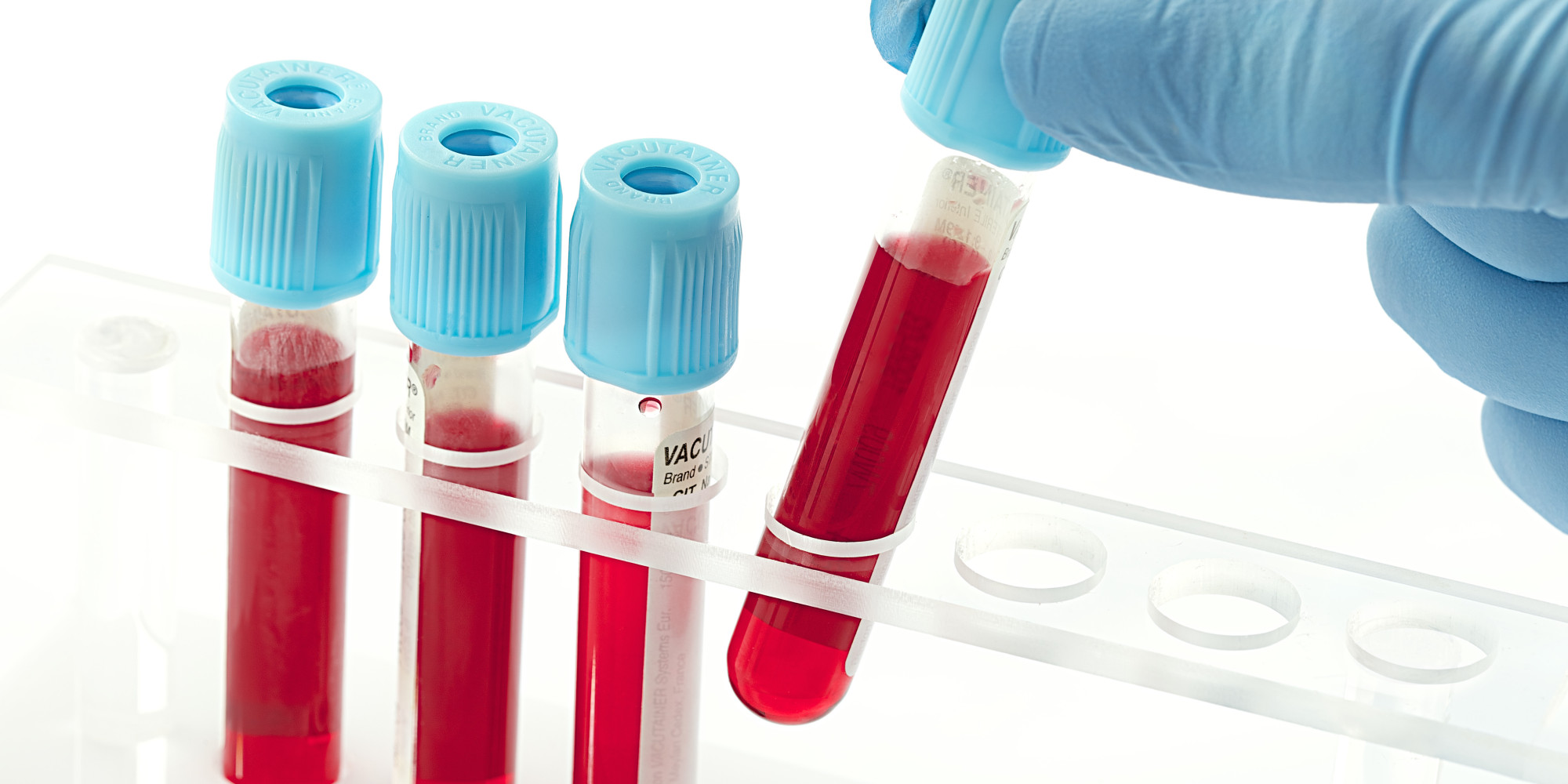A graphene-based biosensor can diagnose diseases using a simple blood test

Researchers at the Korea Institute of Science and Technology (KIST) have developed a highly sensitivegraphene-based biosensor capable of diagnosing diseases using a simple blood test.
The graphene-based biosensor can reportedly check the blood concentration of beta amyloid, which is known as a protein that causes dementia, utilizing a blood test for early age-related dementia (Alzheimer's disease) diagnosis. With the sensor, the research team confirmed the diagnostic capability for dementia through the blood samples of transgenic mice and normal mice models.
The research team is focusing on follow-up studies in order to assess the early diagnostic capability for numerous diseases, such as cancer, diabetes and depression as well as dementia, and commercialize the technology.
In July 2016, a team at Penn State has developed a highly sensitive chemical sensor using nitrogen-doped graphene as a substrate, that can detect trace amounts of molecules in a solution at very low concentrations. In June 2016, researchers at the University of California, San Diego, developed a chip that has a graphene field effect transistor which contains a DNA probe.




